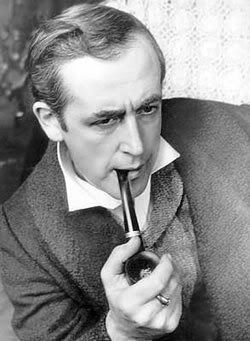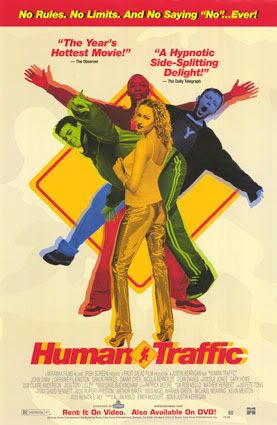(Postcard is from Postsecret)
This is why A-s can sometimes feel unfulfilled when it comes to friendships. We might be looking for people we can be really committed to, but when we seek "friends", we might end up with people who just want to, say, play tennis with us on Sundays. In romantic relationships, this difference in expectations is usually discussed during "the talk". However, differing expectations in the realm of friendships is something that is rarely, if ever, discussed. I'll be a sensitive modern woman and be the first to admit: The idea of talking about my friendships scares me. It's new territory-- a topic I wouldn't know how to broach, except with "Hey, I'm reading a book about Boston Marriages... Sounds great to me!"
Why is my formatting all messed up? I'm sorry, I lose at being technological.
So, I threatened you with a post about how asexual relationships could also be "more than friends". Now, let me tell you about it. What separates "friends" from "significant others" (and this is going to be a post with a lot of air quotes-- just warning you now) is not the sex, but the amount of time commitment involved. How many friends do you know that celebrate their anniversaries, buy houses together, raise children, or go to counseling to try to save their relationship? You can have sex with any number of people in your lifetime, but these rituals of commitment are usually reserved for a select one or two. And here's where the understanding starts to break down a little. I don't understand why these special committed relationships are only for sexual partners, at least in our society as it now stands. And most of that society doesn't yet understand why A-s might desire these kinds of relationships with people they're "just friends" with.
This is why A-s can sometimes feel unfulfilled when it comes to friendships. We might be looking for people we can be really committed to, but when we seek "friends", we might end up with people who just want to, say, play tennis with us on Sundays. In romantic relationships, this difference in expectations is usually discussed during "the talk". However, differing expectations in the realm of friendships is something that is rarely, if ever, discussed. I'll be a sensitive modern woman and be the first to admit: The idea of talking about my friendships scares me. It's new territory-- a topic I wouldn't know how to broach, except with "Hey, I'm reading a book about Boston Marriages... Sounds great to me!"
Why is my formatting all messed up? I'm sorry, I lose at being technological.




